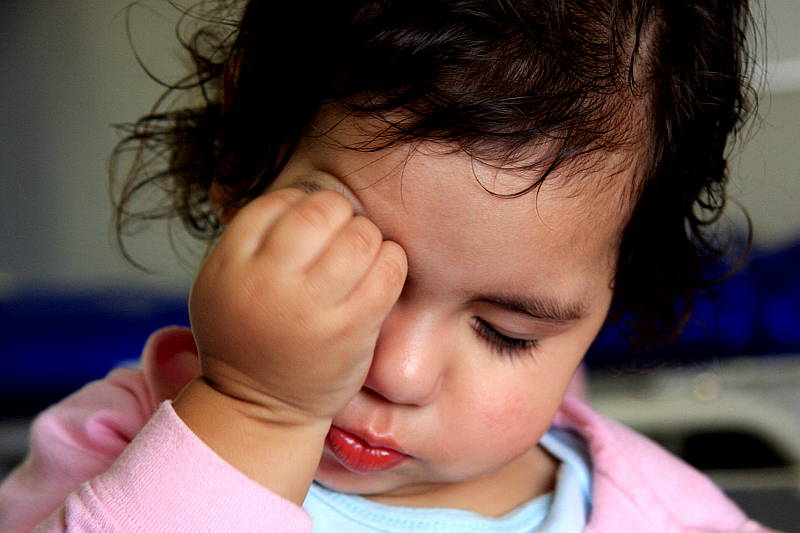We can all admit that when children snore it can be quite cute. However, a child who snores loudly and frequently may have a medical problem that needs to be addressed. This article discusses how to tell whether your little one is snoring due to a sinus infection or tiny airways, or if they have a medical problem like tonsil and adenoid enlargement, that an ear, nose, and throat surgeon can manage.
Harmless Snoring
If your child snores only when they have a sinus infection, cold, or are otherwise congested, this situation can usually be managed with medication. The snoring will usually subside once they are healthy again. This situation can usually be managed by your family doctor or paediatrician.
Understanding Sleep Apnoea
Before you become alarmed at the term “apnoea”, you should know that apnoeas are simply pauses in breathing. Almost everyone on earth experiences them from time to time during sleep. Most people are not aware of them and are not affected by them.
However, when a child experiences frequent apnoeas, and when they struggle to begin breathing again, this is called sleep apnoea. This is a serious issue. Sleep apnoea interferes with quality rest and can cause fatigue and even exhaustion. A child with sleep apnoea may have behavioural issues at school or with their parents simply because they are not well rested.
Associated Ear, Nose, and Throat Problems
There are several types of childhood infections associated with snoring, sleep apnoea, and lack of rest in children.
Sinusitis
Sometimes snoring can be a symptom of a sinus infection. If your child has had what seems to be a cold that will not go away for more than 10 days, take them your local doctor for medical review. This could be a sign of sinusitis, a sinus infection, and can usually be treated with antibiotics.
Once the infection is treated, the snoring and any apnoeas, due to nose and sinus blockage, should go away. If not, you should make another appointment with your doctor to discuss how you can help your child sleep more soundly at night.
Adenoiditis
The adenoids are a mass of lymphatic tissue positioned between the back of the nasal cavity and the top of the throat. They protect children against infection by trapping viruses and bacteria. Unfortunately, they can become infected and inflamed, themselves. When this occurs the adenoids swell and become enlarged.
Enlarged adenoids can block your child’s airways and cause breathing problems during sleep. The adenoid gland takes up space between the nasal cavity and the throat. With an enlarged adenoid, your child may be forced to breathe through their mouth while sleeping. Pay attention to how your child is breathing and if you have concerns, schedule an appointment with their ENT surgeon.
Tonsil and Adenoid Infection
The most common reason children snore (around 90%) is enlargement of both the tonsils and adenoid. Snoring is worst in children ages between 2 and 8 years. Removal of the tonsils and adenoid is usually the recommended treatment for children who have tonsil and adenoid infection, when antibiotic therapy is not effective. Removal of the tonsils and adenoid cures snoring and sleep apnoea in 85 to 90% of children.
When Infection Is Not the Cause
Other factors which may increase the risk of snoring include altered airway muscle tone, obesity and genetic factors. If your child has sleep apnoea due to one of these factors, your pediatrician will probably recommend a combination of treatments. In addition to a better diet and more activity, they may prescribe the use of a continuous positive airway pressure (CPAP) machine to allow your child to sleep better at night.
Your doctor may also recommend the use of a CPAP machine if your child has a deviated septum, or otherwise blocked airways. It may take some adjusting to get your child to sleep with an air mask on, but it will be worth it in the end. Once they have developed fully, they may be a candidate for surgery or other treatment for sleep apnoea.
Most causes of sleep apnoea in children are manageable and can be treated by an ear nose and throat surgeon.
If you have questions about the management of childhood sleep apnoea and snoring make an appointment to see our ear nose and throat specialist.
Click here to find out more about treatment for snoring in children
References
- General sleep apnea
- Sleep Apnea treatment
- Treating sleep apnea kids improves behavior quality life
- Childrens sleep apnea
The post Treating Childhood Sleep Apnoea and Snoring appeared first on ENT Clinic Sydney.
